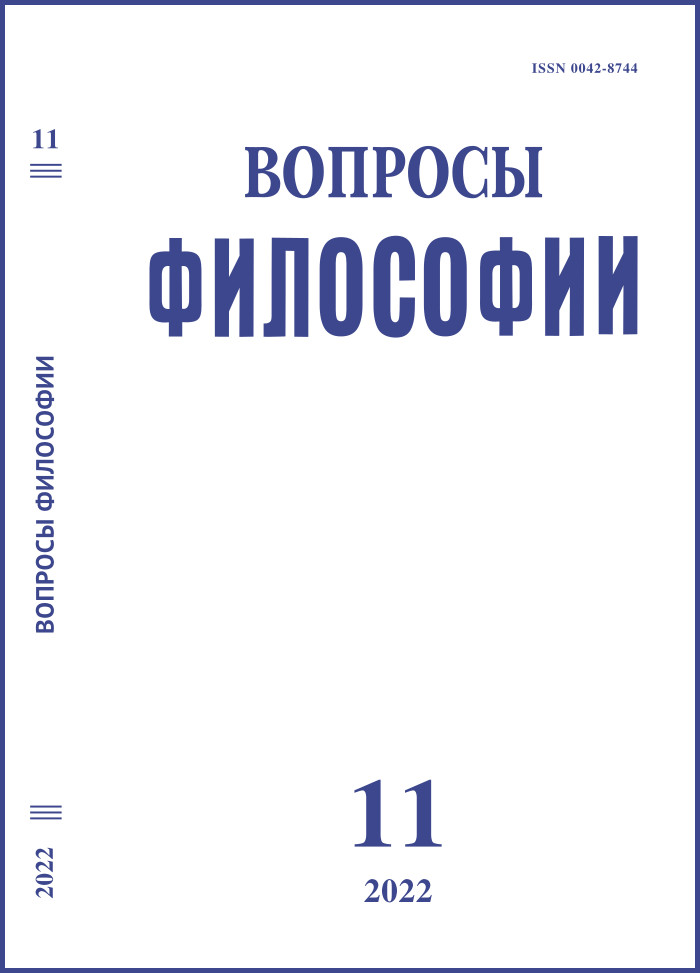The Essay by Joseph Brodsky Homage to Marcus Aurelius as a Theological-Political Treatise
DOI:
https://doi.org/10.21146/0042-8744-2022-11-143-155Keywords:
Shestov, Brodsky, Spinoza, Hume, Lawrence.Abstract
The “Shestov – Brodsky – Spinoza” triangle reflects the major philosophical adventure of the twentieth century – the demise and rebirth of critical reason. In his critique of Spinozism for eliminating the possibility of free will, Brodsky follows Lev Shestov, the most ardent opponent of Spinoza. In his two essays, The Condition We Call Exile (1986) and Profile of Clio (1993), the poet argued that human beings should stop being just “rattling effects” in the “great casual chain of things” and “try to play causes”. In contrast, in the essay Homage to Marcus Aurelius (1994), Brodsky defended Spinoza’s autonomous ethics against Shestov’s Judeo-Christian morality. Unlike Shestov, Brodsky refuses to believe in the “partiality” of God and His wish and ability to save those who called out for Him from the lowest pits. Instead of Christian attachment and love, the poet preferred Stoic detachment and impartiality, without siding with a party, a creed, or a doctrine. According to Brodsky, “history is the domain of the partial”, yet, “it’s not history that defines the good”. In his opposition to partiality, Brodsky follows Spinoza’s logic for “Theological-Political Treatise”.
Downloads
Published
Versions
- 2025-02-07 (2)
- 2022-11-30 (1)

